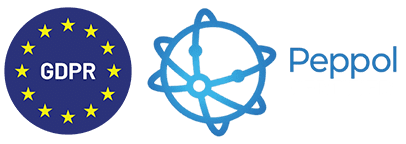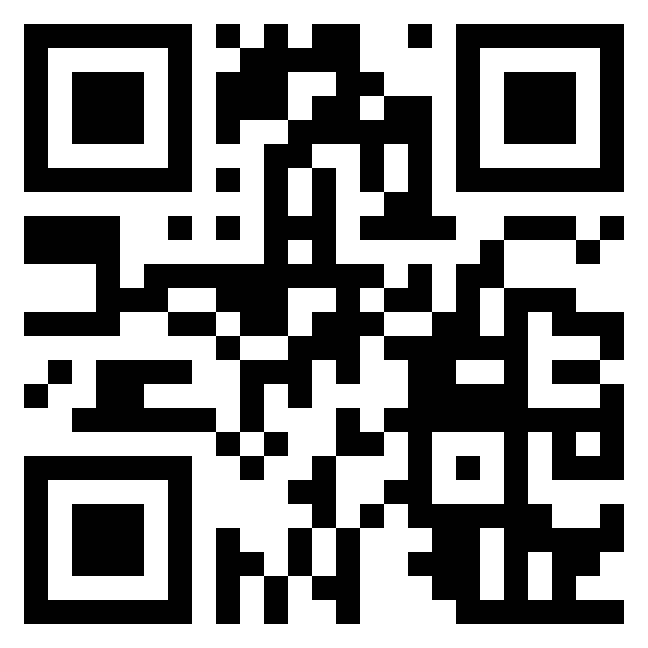Assume a perpetual learning mindset as a project manager, transcending industry boundaries. Constant learning is the key to expanding your skill repertoire and ensuring your professional relevance by keeping abreast of industry dynamics. If you find yourself eager to enhance your capabilities but uncertain about where to commence, rely on our comprehensive guide designed to refine your project management skills.
Start by scrutinizing your existing skill set and pinpointing areas that demand improvement.
To elevate your project management proficiency, recognize crucial skills such as time management, problem-solving, leadership, communication, conflict resolution, and adaptability. Once you’ve outlined the essential skills for excellence in project management, undertake a self-assessment to identify knowledge gaps. Subsequently, establish measurable goals to gauge your progress. Witnessing your advancements can be fulfilling, and periodically reassessing and setting new goals ensures that your skill development remains dynamic and doesn’t plateau.
Enroll in training courses to acquire new skills after completing a comprehensive skills review. Diverse training options are available, including online courses, instructor-led sessions, mentoring, and job shadowing. Tailor your choice of training to suit the demands of your work environment. For instance, if on-site commitments limit your availability for online or instructor-led training, opt for job shadowing and mentoring. Additionally, consider participating in webinars and subscribing to newsletters from industry leaders. These valuable resources, often available at no cost, serve as effective channels to stay informed about industry updates, trends, and glean insights from experts in your domain.
Seeking feedback can be a daunting prospect, but it’s a crucial step in refining your project management skills. The most valuable input often comes from your team members, who have firsthand experience with your project management approach. Actively seek feedback from them, and when you receive it, inquire further to gain clarity and express gratitude for their insights. Regularly soliciting feedback, rather than waiting until a project concludes, not only demonstrates your commitment to improvement but also delivers a positive relationship with your team, highlighting the importance you place on their perspectives.
For an extra layer of support in your project management journey, consider leveraging project management tools. Project Management Software, in particular, can be a game-changer, providing you with a comprehensive set of resources to navigate all facets of your projects. This includes real-time updates on job progress, tracking your team’s locations, managing digital documents, generating project performance reports, and facilitating invoicing for individual or multiple projects. Having a unified platform streamlines your project management responsibilities, enabling you to perform at your best.
In the field service management industry where time is a precious commodity, effective time management is paramount. A robust time management strategy not only ensures the efficient use of this finite resource but also alleviates the stress associated with meeting deadlines. The benefits extend beyond time savings, contributing to increased productivity and improved quality of your field team’s work.











